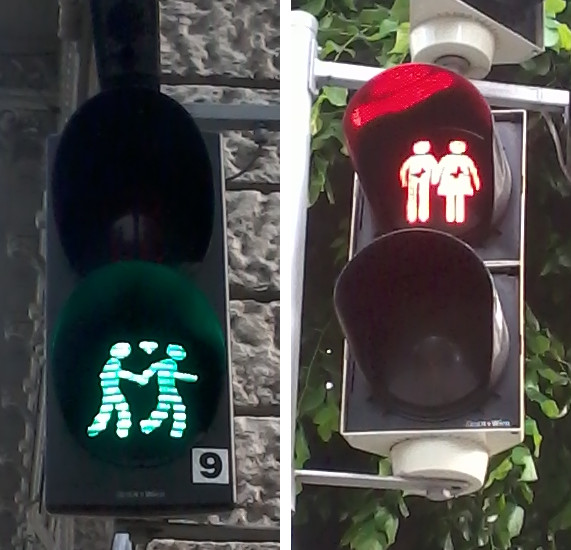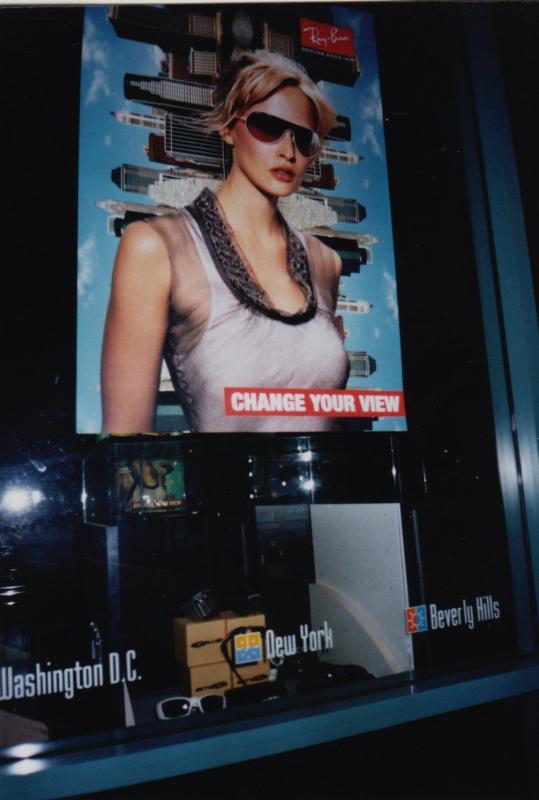Neulich stolperte ich ueber den Artikel „Cognitive Sophistication Does Not Attenuate the Bias Blind Spot“ von R. F. West, R. J. meserve und K. E. Stanovich im Journal of Personality and Social Psychology, volume 103, issue 3, p. 506–519.
Kognitive Gewandtheit (oft gleichgesetzt mit Intelligenz, aber andere Sachen wie bspw. Offenheit fuer neue Ideen gehøren auch dazu) wirkt sich meist positiv, zumindest nie negativ bezueglich der ueblichen Voreingenommenheiten aus. Kognitiv gewandte Menschen fallen also nicht so haeufig auf Praevalenzfaehler, Ankereffekte, Framing und dem Konjunktions Trugschluss herein. Ebenso sind solche Personen im Allgemeinen weniger anfaellig bzgl. der sogenannten Ergebnis und Bestaetigungs Voreingenommenheiten.
Nur bzgl. eines einzigen Vorurteils ist es hinderlich intelligent zu sein: wenn es darum geht den Balken im eigenen Auge wahrzunehmen. Oder konkret: je intelligenter ein Mensch ist, umso eher ist er oder sie der Meinung, dass andere zwar voreingenommen sind bzgl. einer Sache, sie oder er selber das aber nicht ist. Das ist der sogenannte „Bias Blind Spot“.
Møgliche Erklaerungen fuer dieses Phaenomen sind:
[…] naive realism and overreliance on introspective evidence of one’s own biases […].
Haeh?
Naive realism involves the belief that one perceives and responds to the world objectively. A result of this belief is that responses by others that differ from one’s own tend to be attributed to the other’s biases.
Aha!
Overreliance on introspective evidence fosters the bias blind spot because of people’s false belief that biasing processes can be detected by introspection. When introspective effort fails to detect biasing processes, one may erroneously conclude that they are free of these processes.
Zur Erklaerung inwiefern das zusammen haengt, muss ich erstmal was zu den zwei Systemen des Denkens zitieren:
Type 1 […] processing is fast and automaticheuristic processing that is not computationally demanding. Type 2 […] is slow, analytic, and computationally expensive.
Evolutionspsychologisch hat sich System 1 vermutlich eher entwickelt. Ist also tiefer in unseren Ueberlebensroutinen vernagelt. Ist ja auch logisch, wer aus dem Augenwinkel einen sich bewegenden Busch automatisch fuer einen Saebelzahntiger haelt und weglaeuft, lebt im Allgemeinen laenger, als jemand der bei einem Saebelzahntiger innehaelt mit dem Gedanken .oO(Erstmal Ruhe bewahren und Nachdenken, Panik bringt mich nicht weiter, rein statisitsch gesehen ist das bestimmt nur ’n Busch).
Oder anders:
The defining feature of Type 1 processes is their autonomy—their execution is mandatory when the triggering stimuli are encountered.
Bzw.
Type 2 processing is relatively slow and computationally expensive. One of the most critical functions of Type 2 processing is to occasionally override Type 1 processing.
Im Wesentlichen gilt also: Thinking impossible!
Und was hat das damit zu tun, dass intelligente Menschen sich fuer was Besseres halten, obwohl dem gar nicht so ist?
Nun ja, hier ist die Verbindung zur Intelligenz:
In order to override and improve upon Type 1 processing, Type 2 processing must display a host of capabilities in the domains of inhibition, decoupling, and cognitive simulation. Because Type 2 processing involves working memory and processes of inhibition and cognitive simulation, heuristics and biases tasks that implicate Type 2 processing tend to be correlated with intelligence […].
Und deswegen ist das kontraproduktiv:
[…] when a heuristics and biases task is translated into an “evolutionarily friendly” format, correlations with intelligence attenuate because Type 1 processes tend to trigger the correct response and do not need to be overridden […]. Thus, if it is assumed that naive realism and introspection are evolutionarily basic Type 1 processes not prone to be overridden, then the bias blind spot might not correlate with intelligence or thinking dispositions (both of which are individual difference properties of Type 2 reflective mind[…]).
Die Autoren der Studie fuehrten nun Experimente durch und eines der Resultate ist wie schon geschrieben …
[…] that more cognitively sophisticated subjects had larger bias blind spots […].
Und es wird noch schlimmer, denn leider gilt auch:
[…] the analyses […] provide[s] no evidence whatsoever for the notion that people who are more aware of their own biases are better able to overcome them.
Shit!
Und warum schreibe ich diesen Artikel und dieser Kategorie. Nun ja, wir ich selber sehe ja die ganzen problematischen Dinge, also kann es nur an den Anderen liegen, dass der ganze Mist immer noch irgendwie da ist. Und zur Erinnerung deswegen auch heute wieder:










